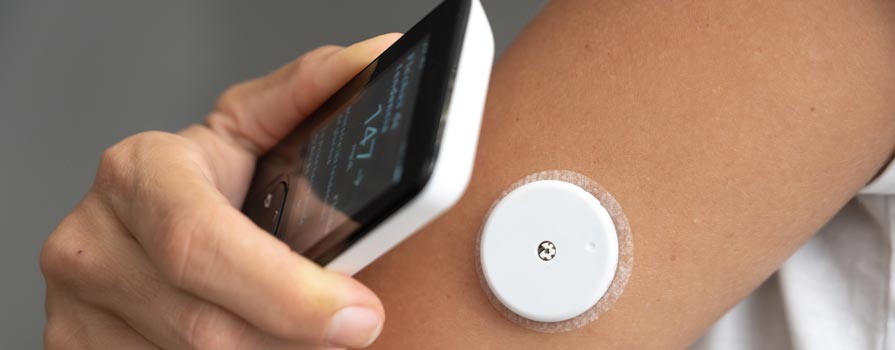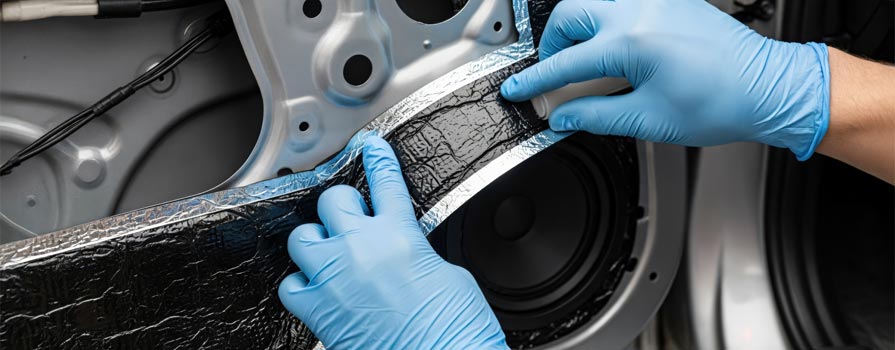What Are Bioplastics?
Unlike traditional plastics made from petroleum, bioplastics are derived from renewable resources such as sugarcane, algae, and yeast. Bioplastics have gained prominence in discussions on environmental impact and sustainability. As awareness of plastic pollution grows, bioplastics emerge as a sustainable long-term option. Industries incorporate these materials in packaging, consumer goods, agriculture, and textiles, contributing to efforts to reduce reliance on fossil fuels and minimize environmental impact.
Bioplastics are categorized as either biobased or biodegradable plastics. Biobased plastics are produced from renewable resources but are not necessarily biodegradable, while biodegradable plastics break down after use. Boyd’s extensive expertise in plastic material science, cultivated over three decades, drives our commitment to innovating in plastics, including developing and manufacturing bioplastics.
Potential Impacts of Bioplastics
Bioplastics are made from renewable resources, which reduces dependence on fossil fuels. Shifting from regular plastics to bioplastics lowers greenhouse gas emissions and carbon footprint. Their biodegradable properties improve waste management by breaking down more quickly, lessening overall waste and mitigating long-term impacts of plastic pollution.
While bioplastics have significant benefits, they also pose challenges. Their production demands agricultural resources, potentially diverting land, water, and fertilizer from food production and causing soil issues if mismanaged. Some “biodegradable” plastics require specific conditions to break down, raising concerns about their actual biodegradability and appropriate disposal methods.
Bioplastics: A Green Alternative
Bioplastics are a versatile tool used in single-use items like food wrappers, beverage bottles, and disposable silverware to reduce plastic waste. In agriculture, bioplastics help control soil moisture and manage weed growth during decomposition.
In the medical field, bioplastics serve as high-quality alternatives that mimic natural body functions, used in surgical implants, sutures, and muscles or tendon repair. Their biocompatibility reduces the risk of the body rejecting implants, leading to fewer complications and faster recovery. Engineers can design bioplastics with antimicrobial properties to lower infection risks, offering more flexibility and lightweight options tailored to patients.
Bioplastics: A Sustainable Future
Bioplastics hold promise for advancements in science, agriculture, and innovation. As a sustainable petroleum-based plastic alternative, they offer opportunities to reduce carbon emissions and decrease dependence on fossil fuels. While bioplastics have significant potential, ongoing innovation and exploration are essential to developing and expanding their use.
Boyd: Plastic Science Pioneers
Boyd leverages over three decades of expertise in plastic material science to drive innovation in bioplastics and beyond. We master compounding, molding, and extrusion techniques to deliver optimized, durable solutions across industries. From transportation to medical devices, Boyd offers advanced, sustainable plastic solutions. Schedule a consultation with our experts to explore our material expertise or discuss your project needs.






